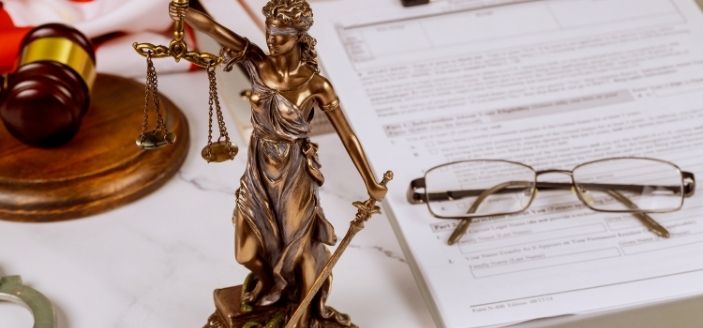29 Nov Appointment of a provisional liquidator

Appointment of a provisional liquidator
by George Coucounis
“He protects the assets of the company under liquidation and maintains its status”
WHEN a company’s creditor serves to its registered office a claim for payment of an amount over €5.000 and the company for the next three weeks omits to pay the amount or to secure or settle it to the satisfaction of the creditor, the company is deemed incapable of paying its debt according to article 211(e) and 212(a) of the Companies Law, Cap.113. The creditor in such a case may file an application to the Court for the liquidation of the company and at any time thereafter, if the circumstances permit it, submit an ex parte application for the appointment of a provisional liquidator to protect its assets and maintain its status. He may be licensed insolvency practitioner or the official receiver or any other suitable person and will temporarily exercise the powers conferred to him by the Court. According to article 227 of the Law, his appointment can be made at any time before the issuance of the liquidation order and the Court may limit his powers by the order appointing him.
The District Court of Limassol in a relevant judgment issued on 22.11.2021 stated that the issuance of such an order must justify the need for the protection of the assets and the maintenance of the company’s status. The Court may deal with the application filed ex parte if there is an urgent or special reason which prevents its prior service to the company or the publication of a relevant notice; and then, if the application for the liquidation is made lawfully and genuinely by the creditor, there are good chances of success (it is very likely that the company will be liquidated) and if a provisional liquidator is not appointed, the assets and status of the company are endangered so that it is difficult or impossible to serve the purposes of the liquidation, a provisional liquidator may be appointed.
The appointment of a provisional liquidator to a company that is active is a very serious development and sometimes decisive. The Court added that this can only happen exceptionally and unilaterally. If there is an alternative way of dealing with the risk of alienation, destruction or loss of the assets under liquidation, the appointment of a provisional liquidator will not be preferred. The risk of alienation, destruction or loss of assets need not be intentional, as long as it is so serious that the company’s assets are no longer available for liquidation purposes for the benefit of all creditors. The provisional liquidator may only exercise certain powers conferred on him by the Court, which may include the possibility of seeking redress from a foreign Court in connection with the assets under liquidation, or the powers conferred on him may be limited. However, it is not obligatory for the Court to specify his powers in order to be able to act to protect the company’s assets and ensure its status.
The Court added in its judgment that the appointment of a provisional liquidator does not nullify the powers of the company’s directors, who can file an objection to the application for liquidation as well as request the annulment of the order for his appointment. The role of the provisional liquidator is otherwise conservative, he should maintain the status quo of the company, he cannot proceed with the distribution of assets of the company in relation to which no order has been issued for its liquidation. Examining the application, the Court considered that the creditor’s allegations were detailed and supported by written evidence. It was understood that, if the application is served to the company, due to its nature and the facts stated by the creditor and which create distrust as to the legality of the actions of the shareholder and director of the company, the risk of deliberately affecting the result of the efforts for the appointment of a provisional liquidator to safeguard the company’s assets cannot be ruled out.
The Court concluded that the proposed provisional liquidator was an appropriate person, since he is a licensed insolvency practitioner and consents to act in that capacity. The Court was satisfied that at first sight all the conditions were cumulatively met and issued the order appointing him to exercise all the powers, rights and duties of the provisional liquidator and suspended the powers of the company’s directors.